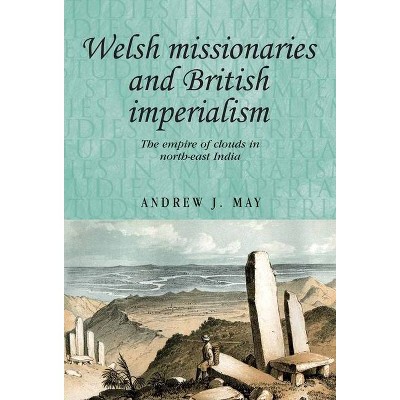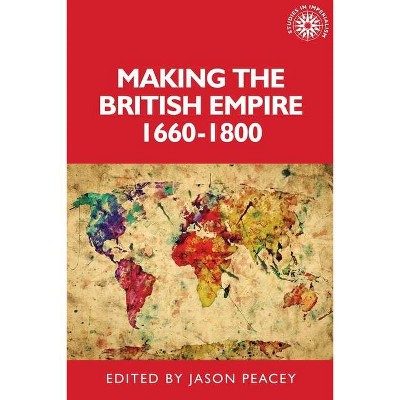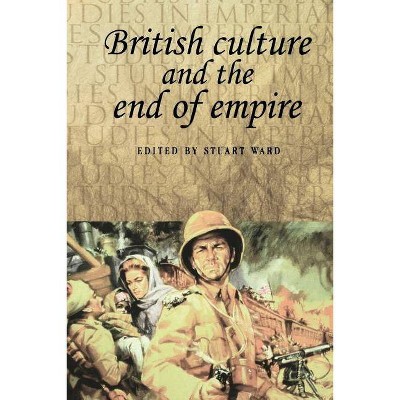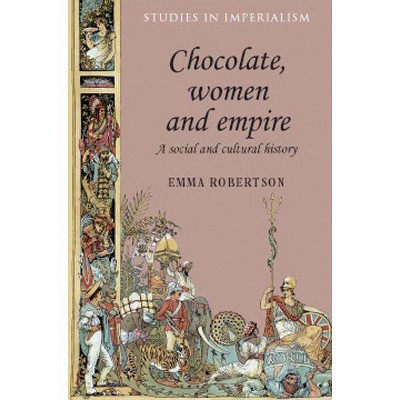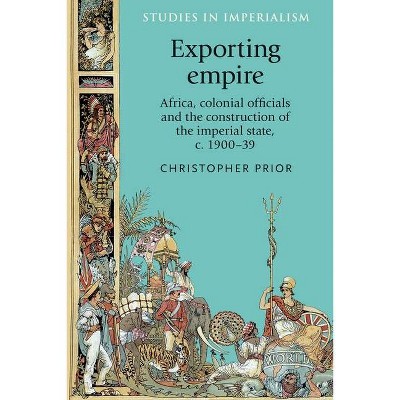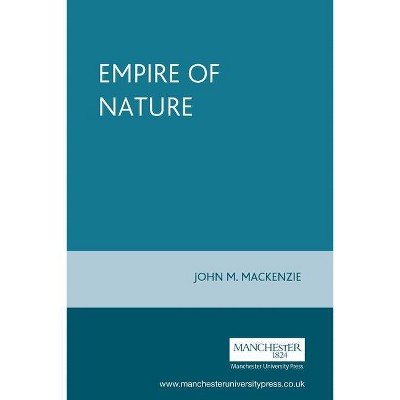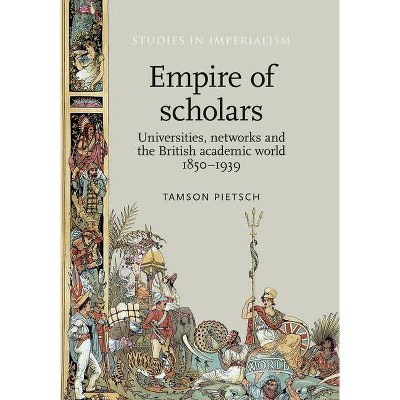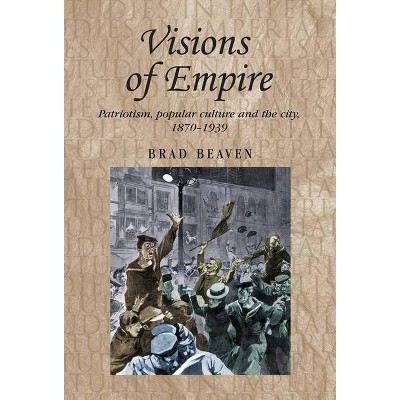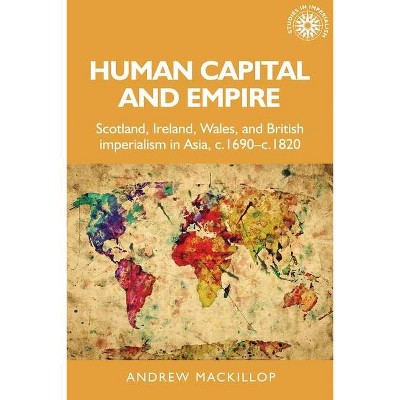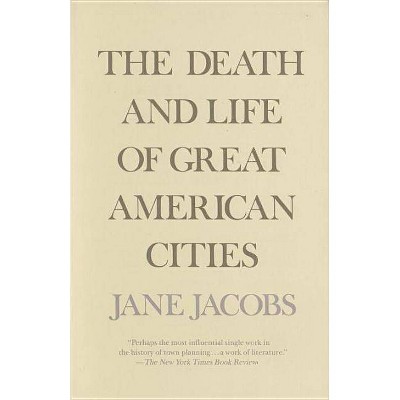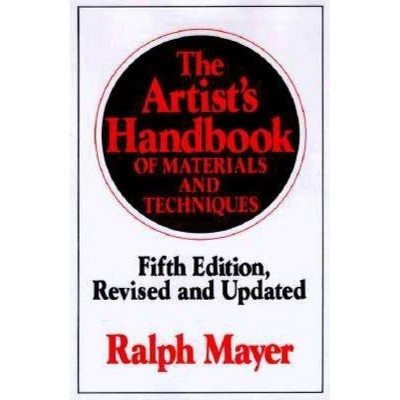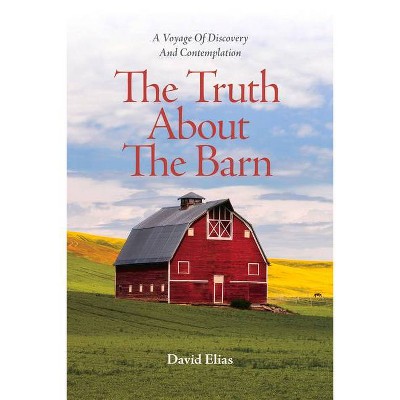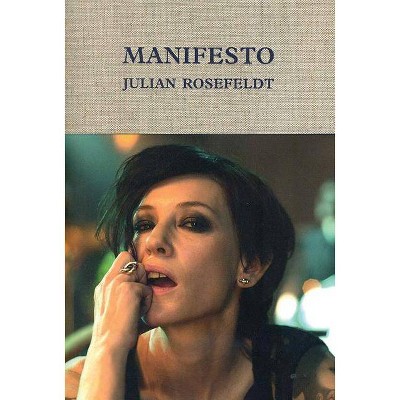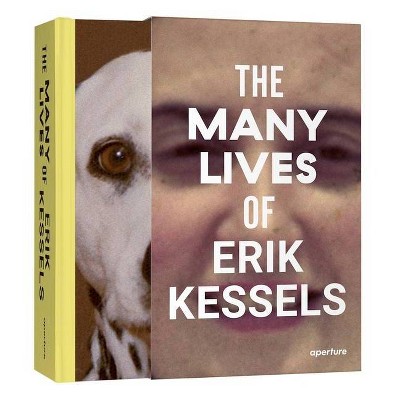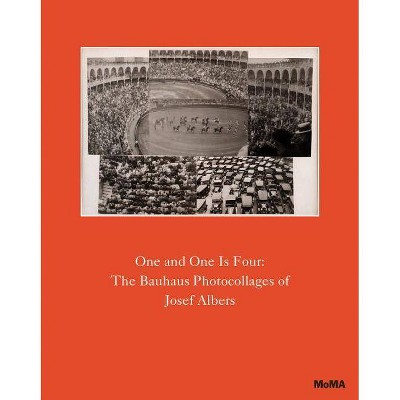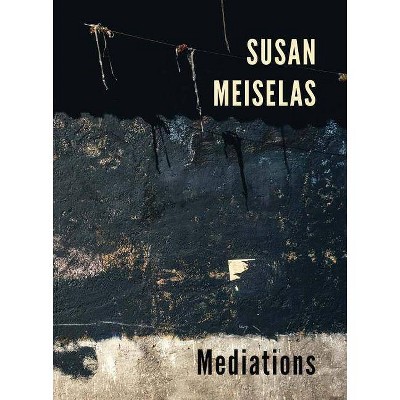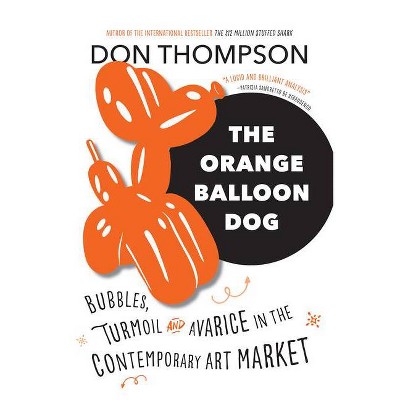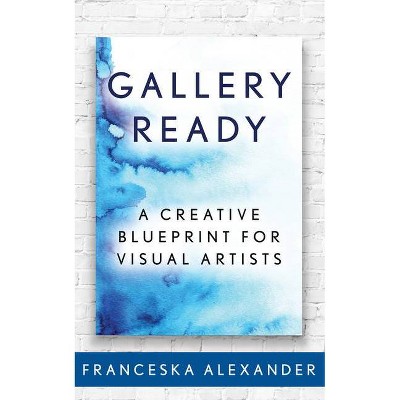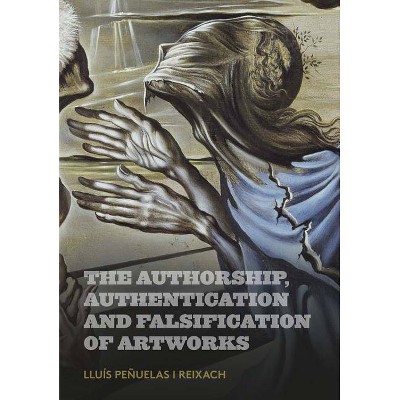Country Houses and the British Empire, 1700-1930 - (Studies in Imperialism) by Stephanie Barczewski (Paperback)
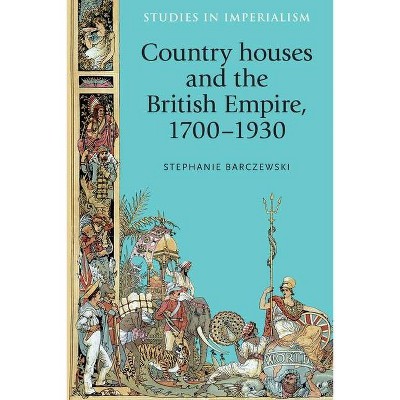
Similar Products
Products of same category from the store
AllProduct info
<p/><br></br><p><b> About the Book </b></p></br></br>Assesses the economic and cultural links between country houses and the empire between the eighteenth and twentieth centuries<p/><br></br><p><b> Book Synopsis </b></p></br></br><p>Country houses and the British Empire, 1700-1930, assesses the economic and cultural links between country houses and the Empire between the eighteenth and twentieth centuries. Using sources from over fifty British and Irish archives, it enables readers to better understand the impact of the Empire upon the British metropolis by showing both the geographical variations and the different cultural manifestations of that impact. The first half of the book concentrates on economic issues, as it lists the more than a thousand houses that were purchased using imperial wealth and analyses the attitudes that underlay those purchases. It also maps the concentrations of country houses purchased from imperial funds, showing how some parts of the United Kingdom saw a significantly greater inflow of wealth from the colonies than did others. The second half turns to the cultural display of empire in country-house context, which was focused around four discourses: a discourse of commodities, a discourse of cosmopolitanism, a discourse of conquest and a discourse of collecting. Suitable for both a scholarly audience, postgraduate and advanced undergraduate students and more general readers, Country houses and the British Empire offers a rare scholarly analysis of the history of country houses that goes beyond their architecture or biographical studies of their owners. It recognises their importance as the physical embodiments of imperial wealth and as reflectors of imperial cultural influences. In so doing, it restores them to their true place of centrality in British culture over the last three centuries, and provides fresh insights into the role of the Empire in the British metropolis.</p><p/><br></br><p><b> From the Back Cover </b></p></br></br>Country houses and the British Empire, 1700-1930, assesses the economic and cultural links between country houses and the Empire between the eighteenth and twentieth centuries. Using sources from over fifty British and Irish archives, it enables readers to better understand the impact of the Empire upon the British metropolis by showing both the geographical variations and the different cultural manifestations of that impact. The first half of the book concentrates on economic issues, as it lists the more than a thousand houses that were purchased using imperial wealth and analyses the attitudes that underlay those purchases. It also maps the concentrations of country houses purchased from imperial funds, showing how some parts of the United Kingdom saw a significantly greater inflow of wealth from the colonies than did others. The second half turns to the cultural display of empire in country-house context, which was focused around four discourses: a discourse of commodities, a discourse of cosmopolitanism, a discourse of conquest and a discourse of collecting. Suitable for both a scholarly audience, postgraduate and advanced undergraduate students and more general readers, Country houses and the British Empire offers a rare scholarly analysis of the history of country houses that goes beyond their architecture or biographical studies of their owners. It recognises their importance as the physical embodiments of imperial wealth and as reflectors of imperial cultural influences. In so doing, it restores them to their true place of centrality in British culture over the last three centuries, and provides fresh insights into the role of the Empire in the British metropolis.<p/><br></br><p><b> Review Quotes </b></p></br></br><br>'[<i>Country Houses and the British Empire</i>] is well written and researched, as well as properly documented. It is also laudable in its coverage of the entire British Isles, not just England.' G. A. Bremner, Transactions of the Ancient Monuments Society<br><p/><br></br><p><b> About the Author </b></p></br></br><br><strong>Stephanie Barczewski</strong> is Professor of Modern British History at Clemson University<br>
Price History
Cheapest price in the interval: 24.99 on November 8, 2021
Most expensive price in the interval: 24.99 on December 20, 2021
Price Archive shows prices from various stores, lets you see history and find the cheapest. There is no actual sale on the website. For all support, inquiry and suggestion messages communication@pricearchive.us
